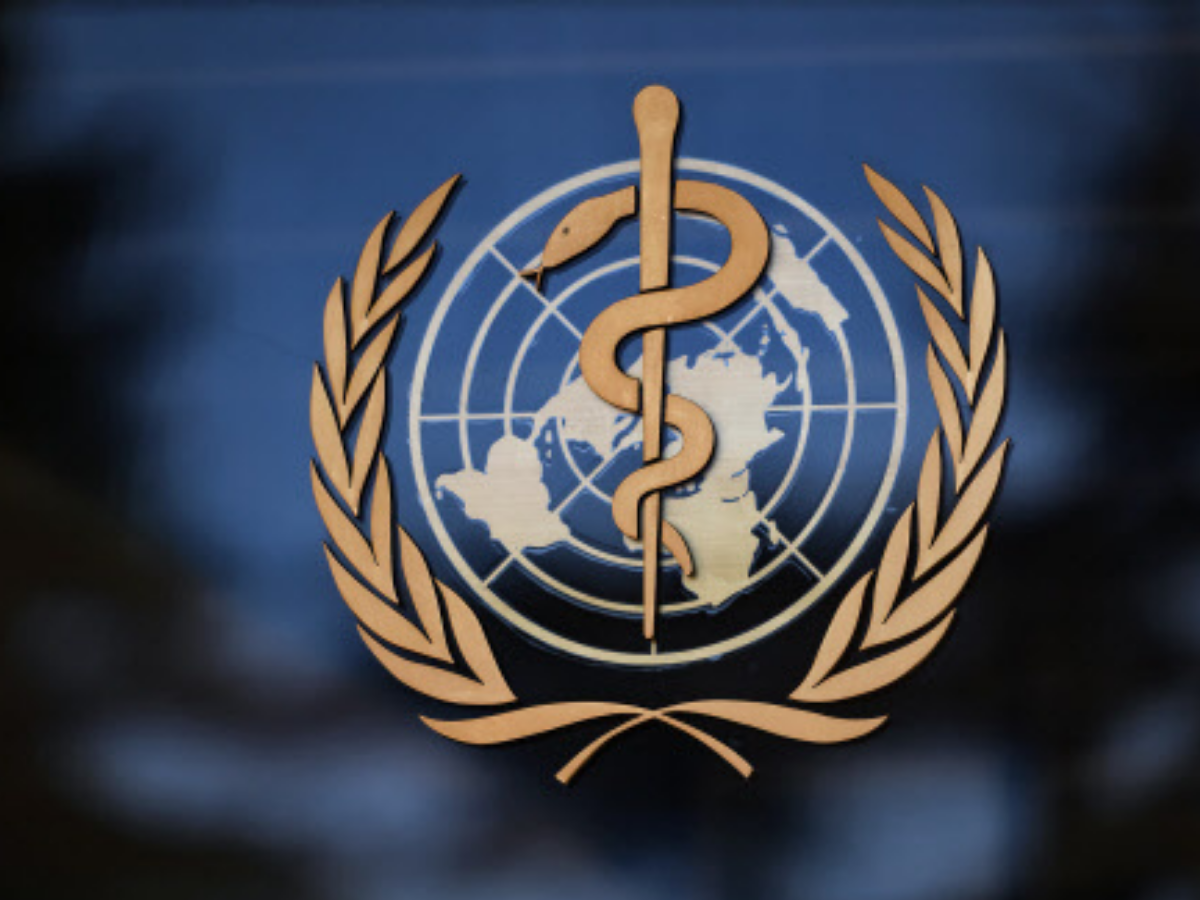- Industry
- 2 min read
Countries in South-East Asia region must make mental healthcare reality for all: WHO
Since the beginning of the pandemic last year, while there has been an increase in demand, the critical mental health services have either been disrupted or halted, the WHO statement said.
Since the beginning of the pandemic last year, while there has been an increase in demand, the critical mental health services have either been disrupted or halted, the WHO statement said.
Bereavement, isolation, loss of income, anxiety and fear have triggered mental health conditions or worsened existing ones. This has increased the risk of severe outcomes for people with pre-existing mental, neurological or substance use disorders, the statement stated.
Singh said WHO is assisting member states to scale up and close gaps in mental health services with interventions to provide comprehensive mental health care especially at the primary health care level.
Most of the member countries currently spend less than one per cent of their health budgets on mental health despite evidence of high returns on the investment for care and treatment of mental health disorders, and despite growth in mental health awareness, the statement said.
The WHO South-east Asia Region which is home to one-fourth of the global population, accounts for 39 per cent of the nearly 700,000 suicides that take place globally every year. Suicide is the leading cause of death among young people aged 15-29,it said.
WHO is advocating for and supporting countries develop multi-disciplinary suicide prevention programme and suicide registries, while supporting research and surveys to strengthen national health information system to collect reliable data on mental health.
"Along with treatment gap, we must address workplace stress, help adolescents in schools as also caregivers and families of people living with mental health issues. We need to proactively address stigma and discrimination associated with mental ill health that creates barrier to access care and treatment," Singh said.
'Mental Health in an Unequal World' is the theme of this year's World Mental Health Day, observed on 10 October, which is especially relevant to policy makers in health and health systems.
Singh said we must look at innovative approaches including remote training of primary health care and community-based workers in basic mental health services.
Universities and health institutions must also make curricula contemporary and relevant to today's mental health needs and scale up mental health services, the statement said.



COMMENTS
All Comments
By commenting, you agree to the Prohibited Content Policy
PostBy commenting, you agree to the Prohibited Content Policy
PostFind this Comment Offensive?
Choose your reason below and click on the submit button. This will alert our moderators to take actions